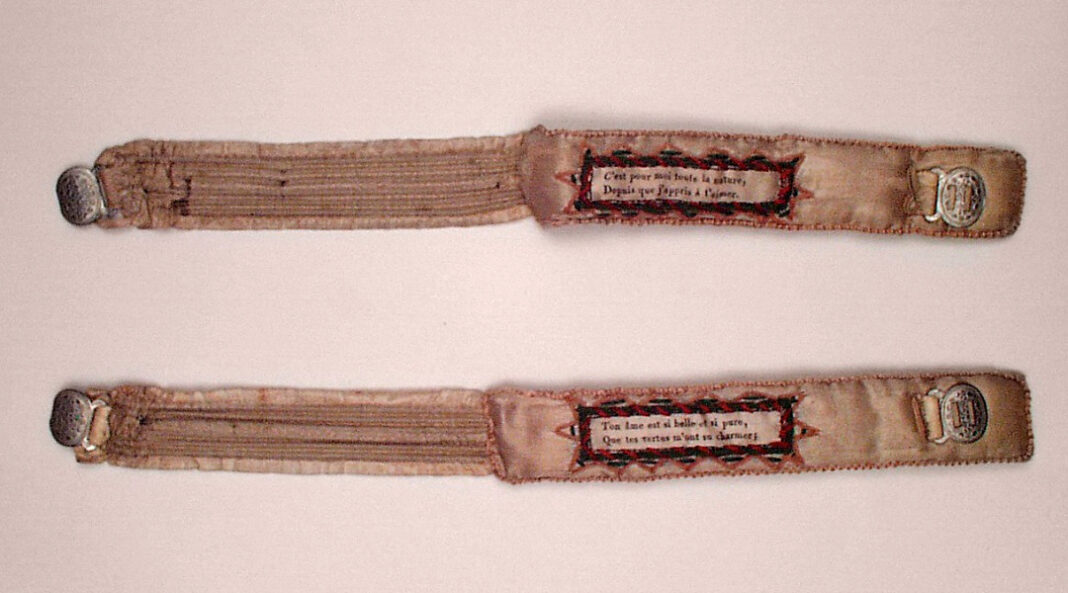Although modern lingerie sales may traditionally peak around Valentine’s Day, the gift of intimate apparel is not new.
A material culture historian at the Australian Catholic University (ACU) looked at women’s clothing throughout history for insights into their sexuality and societal identity.
ACU research fellow at the gender and women’s history research centre Dr Sarah Bendall, said she found intimate objects from the 17th century that when contextualised, could change the way we viewed women’s sexuality in the past.
Dr Bendall thought the existing research around these objects didn’t do the women who owned them justice and used examples of literature and court records to contextualise what was really going on with them.
“We tend to think of historical women as Victorian and prudish,” Dr Bendall said. “It’s possible we think that because of the baggage we have inherited.
“There were moral boundaries and expectations, but it’s not as though sex wasn’t talked about.
“As long as it was the right situation, it was okay to be flirtatious.”

Dr Bendall was conducting research for an upcoming book into shaping, corsets and hoop skirts when she found the historical expressions of love and desire in collections of Metropolitan Museum of Art in New York, the Louvre in Paris, and Museum of Fine Arts in Boston.
The intimate apparel included “busks” – specially designed pieces of wood, bone or metal, made by men, as gifts for women to tuck between their breasts.
And inscribed garters – sometimes with risqué messages – gifted during courtship.
Dr Bendall said the artifacts survived through the centuries as sentimental love tokens kept and passed down through generations before private collectors purchased them and eventually donated them to museums.
Her analysis of the tokens draws a strong cultural differential between the French and English.
“It’s everything you would expect it to be,” she says.
“The English ones are much more reserved, there’s lots of initials and love hearts.
“The French ones are much more racy, much more tongue-in-cheek.”
Dr Bendall’s favourite of which is a garter that reads: “Stop there. You go no further”.
For more news:



